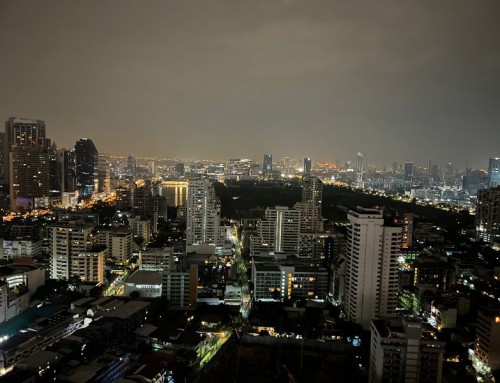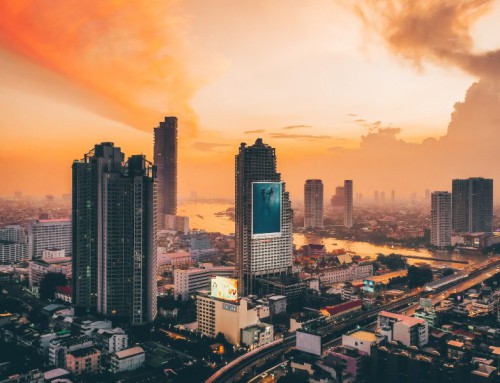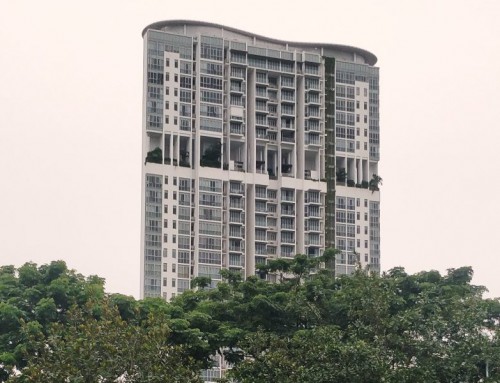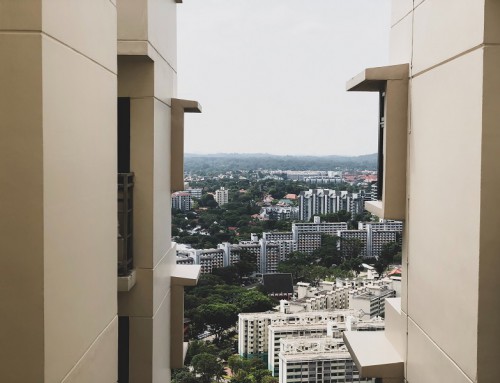The 8 cooling measures implemented by the Singapore government has taken its toll and property prices do seem to be easing. Demand is weaker mostly in part due to the loan restrictions imposed by the government on would be home buyers. Ask any lay person on the street and most probably they can agree on the fact that if the 8 cooling measures were removed totally, property prices will continue on its ascend once again. Also, if the 8th cooling measure, ie. the implementation of the Total Debt Servicing Ratio (TDSR), was so decisive in cooling the property market, why then did the Singapore government take 7 rounds of measures to finally give the booming market the finishing blow with the TDSR? In my personal opinion, the Singapore government did think about implementing the TDSR from the start when it decided to cool the red-hot property market. It just had to time it to perfection.
To understand the role a government plays in the presumably free market, we must first understand how a government can stay in power. The government exists because of two main factors, popularity and the ability to make money for the nation. The first factor is understandable and identifiable with anyone who has followed an election. The last general election that Singapore went through saw the ruling party, the PAP, suffer its worst result in its history since Singapore’s independence. The main grouses from the electorate were bread and butter issues like cost of living, overcrowding due to an overly liberal immigration policy and rising property prices. This resulted in interest in what the opposition had to offer. The Worker’s Party hit on these issues hard and came out with an impressive result in the elections. Cue the music and the PAP had to react. It had to keep property prices as well as inflation cool. With the skyrocketing property prices, they could ill afford another 4 to 5 years of prices rising faster than incomes. Thus the need to have measures to cool the market. This, in part, explains why the 8 cooling measures were implemented.
To understand why the measures were implemented in that certain time frame, we have to factor in the second reason why the government stays in power. The ability to make money. In essence, it collects more money through tax receipts than it spends to run the nation. This is the success story of Singapore which people fail to understand. Take a look at a country like Japan and you will see a nation riddled with debt and you will understand why is there so many changes to the ruling party and so many snap elections. This never happened in a country with a system like Singapore’s. That being said, the stamp duties of property transactions do make up part of the government’s tax receipts. If the Singapore government were to implement the killer blow, a.k.a. the TDSR, the property market will slow to a crawl as what it is today. Tax receipts from property transactions will also fall drastically. Instead, the government slowly increased the percentage of taxes to be paid on property transactions. This is in anticipation of the fall in volume when TDSR is implemented. This then ensured that while the volume of property transactions fell, the absolute amount of tax receipts could hold close to what they used to collect. Even if it did fall, it would not fall at the same rate as property transactions.
Currently, investor sentiment in the Singapore property market is very weak. Buyers are holding off purchases in anticipation of a fall in property prices. CNBC ranked Singapore as the 2nd worst property market in 2014 just behind Greece. (To see the report click here) The difference between Singapore and Greece is that the Singapore property market’s weakness is due to governmental intervention. The Greek property market weakness is due to poor governance resulting in a nation coming to grips with its huge debt. I have no doubt in my mind that the Singapore property market will see a bull run again. Though it may take a couple of years of correction to actually kick start some positive sentiment. Investing in property is akin to investing in the future of a country. A good future always starts with a stable and efficient government. This will always be the compelling reason to invest in properties in Singapore.
Yours Sincerely,






